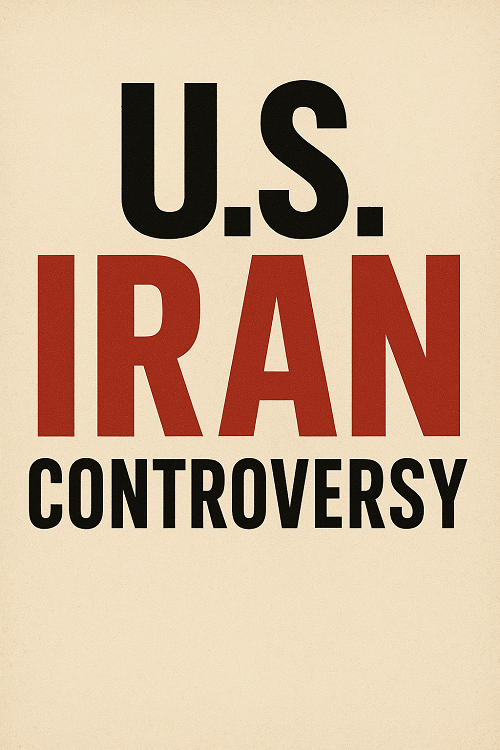So far, the U.S. trade embargo against Iran had been partial, in
the sense that the U.S. companies were prevented from marketing Iranian
oil directly in the U.S. markets. They were, however, allowed to resell
Iranian oil in the world market. In fact, last year, this amounted to buying
almost 20 percent Iranian crude oil valued at $3 billion to $4 billion. U.S.
exports to Iran were valued at $326 million. Now given such a trade
balance, which favoured the U.S., the recent announcement (which
becomes effective after July) will do more harm to the U.S. companies
than to the authorities in Tehran. The cooperation of America’s major
industrial allies within the G-7, especially Germany and Japan, to go along
with the ban, appears to be the premise on which Mr. Clinton hopes to
succeed. On this count too, the situation is far from encouraging. Despite
pressure, the allies are not prepared to sacrifice their commercial interests.
Japan has already expressed its reluctance. In fact, it appears that Tehran
might upstage Washington in wooing Tokyo. In an amazing tactical shift,
Iran has been seriously working to replace the U.S. dollar with the
Japanese yen as the main currency Within the OPEC oil dealings. On the
question of pressurising China and Russia other two important trade
partners of Iran the Clinton administration is not making any progress..
both countries have rejected the American logic. Russia, too, appears
determined to go ahead with its nuclear-deals with Iran, which are
perfectly legal and within the provisions of the NPT.
Mr. Clinton’s logic that trade embargo should be used as a
pressure tactic to dissuade Iran from pursuing nuclear programmes, and
sponsoring “International terrorism”, does not have many takers, except
his own people and policy-makers. Even within the American foreign-
policy set-up, there is a division with the state department supporting the ban, and commerce and energy departments opposing it. Mr. Clinton’s
policy may not succeed, mostly because in an age of free global
competition about which the U.S. itself has been trumpeting so much
trade relations will be guided more by market conditions of demand and
supply, than any fixed parabola about a particular national regime. The
European and African companies may be even eagerly waiting to step in
and upgrade their trade transactions with Iran. Not the least is its impact
on world oil supplied, which will increase the overall energy costs
worldwide.
